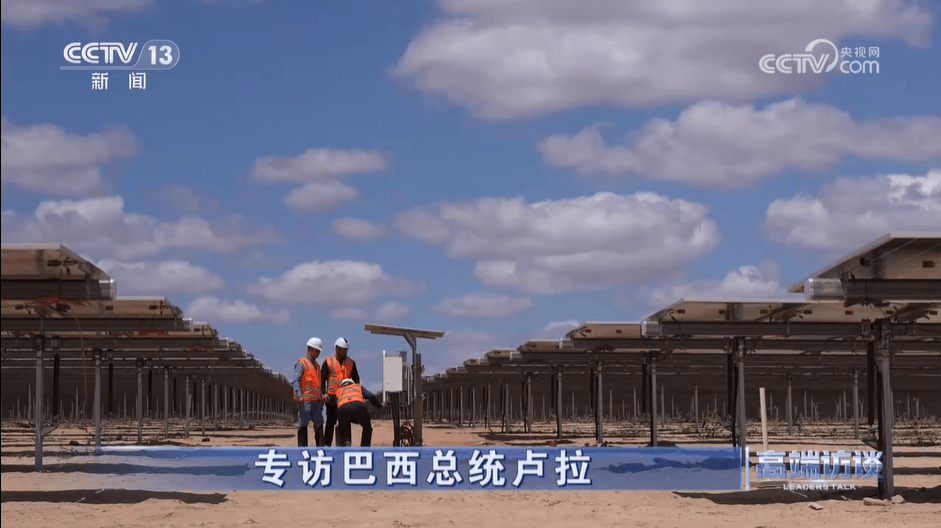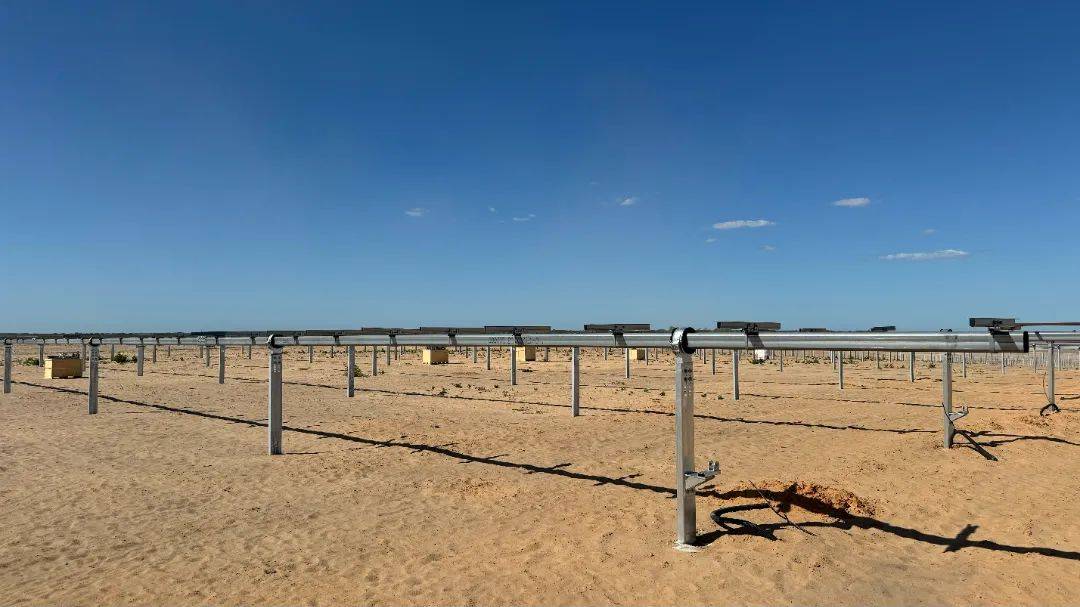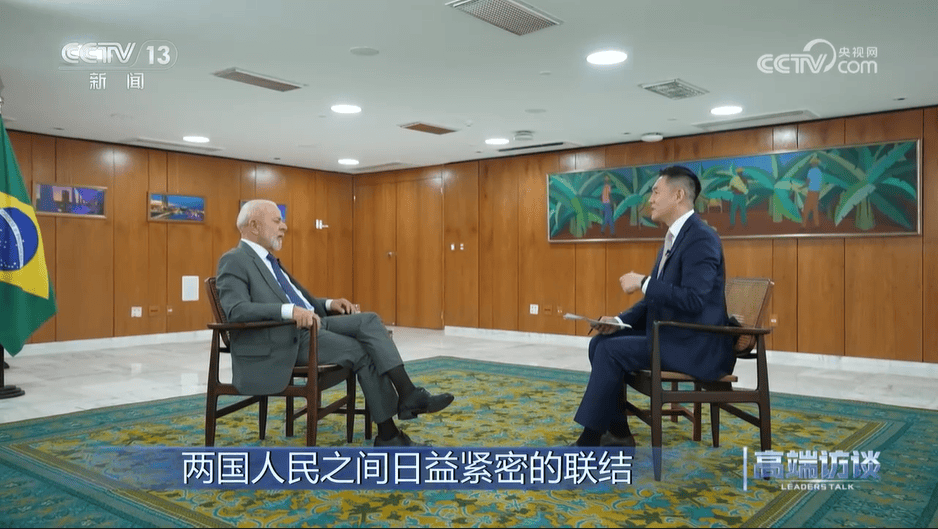Reliable partners in photovoltaic industry
On the afternoon of November 18 local time, the 19th G20 Summit was held in Rio de Janeiro, Brazil. Ahead of the summit, Brazilian President Lula gave an exclusive interview to CCTV's High-End Interview program. The program focused on energy cooperation between China and Brazil, highlighting the CGN Brazil Lagoinha Solar Project and showcasing the practical efforts of Chinese enterprises in supporting Brazil’s energy transition and fostering closer ties between the peoples of the two countries.
In the interview, President Lula remarked that China is actively participating in Brazil’s energy transition, describing it as a historic opportunity for the country. He emphasized that few nations possess renewable energy production capacities comparable to Brazil’s and praised China’s significant contributions through investments and active cooperation by Chinese enterprises. “This is what makes China-Brazil relations extraordinary,” Lula said, expressing Brazil’s desire to further strengthen its collaboration with China. He noted that such cooperation benefits not only the two nations but also the world as a whole.

The program highlighted the contributions of the CGN Lagoinha Solar Project to local economic and social development in Brazil. The project is expected to create over 1,000 local jobs during its construction phase and, once operational, generate approximately 400 million kWh of electricity annually—enough to power 240,000 Brazilian households. Its environmental benefits equate to reducing carbon dioxide emissions by 300,000 tons per year. This collaboration in light and energy spans continents, deepening mutual understanding, cultural exchange, and people-to-people connections between China and Brazil.

Notably, the CGN Lagoinha Solar Project incorporates HDsolar’s Mercury Tracker system, which significantly enhances power generation and system stability. The Mercury Tracker integrates industry-leading photovoltaic braking technology and is a high-safety, high-stability solar tracking solution designed specifically for large-scale solar power plants. By combining flexible buffering and rigid support with closed-loop feedback control technology, the system achieves precise solar tracking, greatly increasing energy output. Its application has provided significant technical advantages to the Lagoinha Solar Project.
At the 19th G20 Summit, President Xi Jinping emphasized the importance of enhancing global ecological governance and building an eco-friendly world economy. He highlighted the need to "establish the new before discarding the old," ensuring that clean energy steadily and systematically replaces traditional energy sources, thereby accelerating the global transition to a green and low-carbon economy. Xi reiterated China’s commitment to deepening international cooperation in green infrastructure, energy, minerals, and transportation while providing support to developing countries within its capabilities.

The Lagoinha Project is a significant symbol of China-Brazil collaboration for green development and a new model for energy cooperation between the two nations. It not only showcases the active role of Chinese enterprises in Brazil’s energy transition but also highlights the tangible outcomes of BRICS cooperation. Through this project, China and Brazil continue to deepen their partnership in renewable energy, contributing to Brazil’s green economic development while creating new opportunities for Chinese enterprises to expand into international markets.